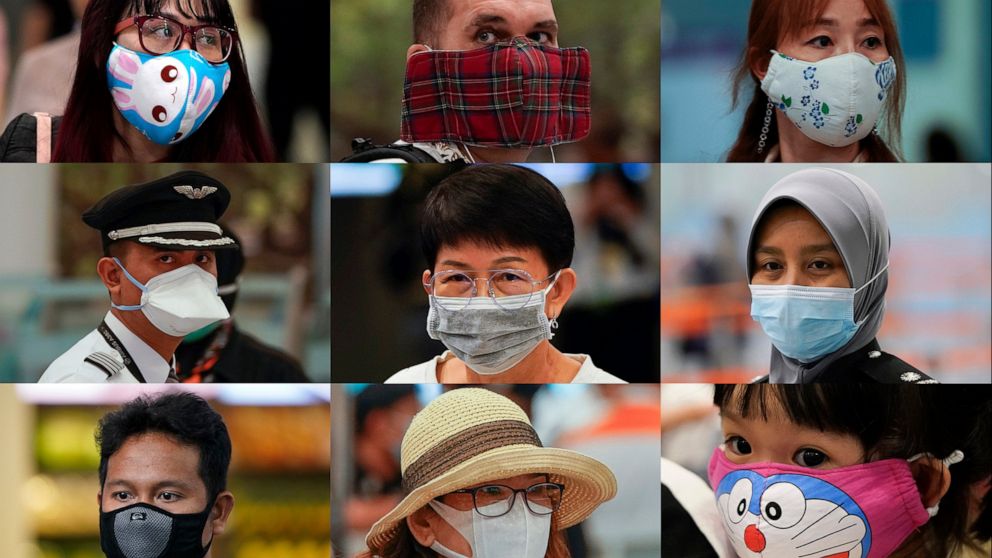As the world is on edge about the coronavirus spreading amongst countries and around the Earth, businesses, and people are changing their lifestyles to accommodate. These precautions are logical, but their actual necessity may be questionable. Many of the practices being instilled in this time of unknown take it own toll on the environment, a source of activism that has taken a pause in light of this pandemic.
To start, this pandemic has benefitted the environment in some ways. As governments and organizations encourage people to remain in isolation, the consumption of oil and natural gas decreases dramatically. This can be seen in the rapid fall in gas prices over the past months. Additionally, vacations and airplane trips are less common, decreasing another source of carbon emissions. As the oil industry takes a large toll due to this pandemic, the environment actually gains some benefits.

However, there are several other practices that are harming the environment, beginning with the widespread use of facemasks. The actual number of facemasks used and purchased thus far is unquantified. At stores, it can be seen that there is no stock remaining, and even warehouses are out of stock. Facemasks can only be worn for a finite amount of time before they are ineffective, and their effectiveness, to begin with, is questionable as well. Regardless, when these are disposed of, they act in similar ways to diapers when biodegrading, thus taking about 500 years in a landfill.
An additional issue comes with the use of medical gloves in everyday situations. These disposable nitrile or latex gloves take about two years to biodegrade, and their increased use puts a toll on landfills. In my own experience, I saw what I would identify as “a boomer” shopping at a grocery store with medical gloves on. Although this is logical as older people experience a higher death rate with this new virus, this practice was likely unnecessary since there are still no reported cases in Western PA.

Finally, coffee shops are contributing their regulations as well, with Starbucks and Dunkin temporarily ending their reusable cup programs due to the virus. This seems like a logical change, but the likelihood of spread through a coffee canister with the lid (where the mouth touches) off seems quite unlikely. This change will also increase the number of single-use cups needed to be used. These cups will find themselves in landfills for up to 20 years before decomposition.